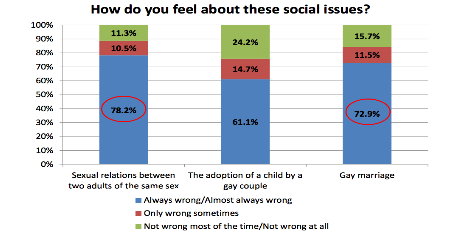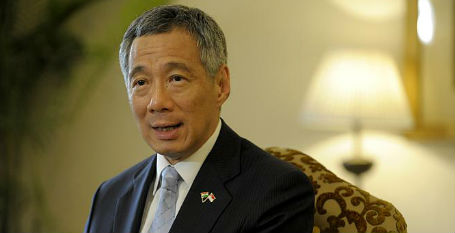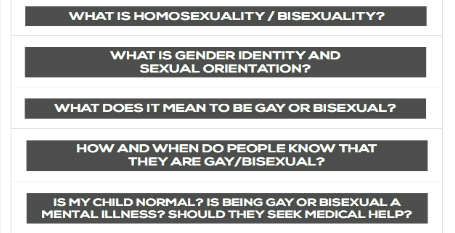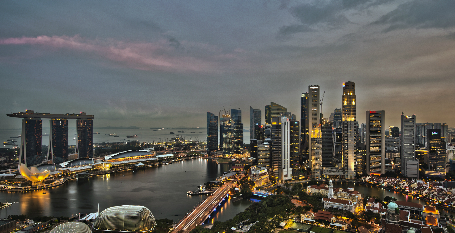Survey finds that traditional attitudes to marriage and sexuality still persist in Singapore

A recent survey released by the Institute of Policy Studies has revealed that more than 70 percent of Singapore residents questioned were not accepting of homosexuality. 78.2 per cent answered that sexual relations between two adults of the same gender is almost always or always wrong.
However, only 72.9 per cent felt the same way about gay marriage and 61.1 per cent said the adoption of a child by a gay couple is almost always or always wrong. These lower numbers suggests that some people think homosexuality is acceptable if kept within a traditional relationship.
The survey questioned 4000 Singapore residents. IPS Senior research fellow, Mathew Mathews, who led the study, said that the survey showed Singapore is, at its core, a conservative society. “For most people, that is the norm they have been used to, and it has served society well,” he said.
The survey obviously comes as a blow to movements such as Pink Dot and Oogachaga and Syoni who have been trying to build moment for the relaxation of Section 377(A) of Singapore’s Penal Code (which criminalizes sex between men), and ensuring discrimination legislation.
Singapore Prime Minister Lee Hsien Loong says that Government must not dictate opinion or policies on LGBT issues

In a ministerial forum with the students union of Nanyang Technological University, Singapore PM Lee told guests that it was not up to the government to change opinion on LGBT issues. The PM was making reference to the survey above that revealed Singapore’s conservative beliefs.
Singapore’s Today newspaper reported live that “On LGBT issues, PM Lee says not Gov's role to decide if society's deeply held social, moral values are right or wrong.” Lee has been resistant to repealing his country’s colonial era anti-sodomy laws, even though his father, Singapore’s first Prime Minister, Lee Kuan Yew has said he would like to see reform on the issue.
Health Promotion Board (HPB) states being gay is normal, sparking online petitions for and against

A section of Singapore’s HPB’s website features Frequently Asked Questions about Homosexuality. The site states “Homosexuality and bisexuality are not mental illnesses. Studies show that sexual orientation has no bearing on mental health or emotional stability.”
It also explains that there is no way to change a person’s sexuality : “It is important to note that nothing someone encounters in life can ‘make’ one gay, lesbian or bisexual. Although events in life can help clarify gender identity and sexual orientation, sexual experience is not necessary to understand sexual orientation.”
The resource concludes by saying “Homosexuals can certainly have long-lasting relationships. A homosexual relationship, like any other relationship, is based on values like trust, love, commitment and support.”
The HPB website was established by the Government in 2001 and it is believed that the Homosexuality FAQs have been there since November last year. Attention was only bought to the resource after an online petition to have the information removed was revealed.
This petition, founded by ‘Aaron’ states, “Following public moods, popular trends or making unsubstantiated statements will not help to bring clarity on the issue at all, nullifying the very purpose of the FAQ itself” and has over 2000 signatures. A counter petition to leave the FAQ intact was recently started by Melissa Tsang and has 1871 signatures.

